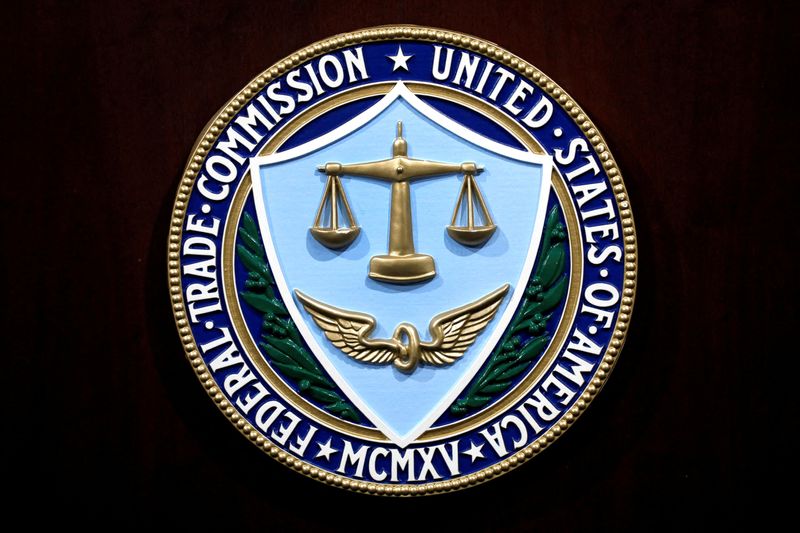By Jody Godoy
(Reuters) -The U.S. Federal Trade Commission passed a rule on Tuesday requiring ticket sellers, hotels and vacation rental sites to disclose total prices, including fees upfront, prohibiting them from concealing add-on charges until the last minute.
The rule is one of the final pieces of President Joe Biden's wide-ranging crackdown on junk fees that drive up consumer costs without providing visible benefits.
"We all know the experience of encountering a hidden fee at the very last stage of checkout — these junk fees sneak onto your bill and companies end up making you pay more because they can. Those fees add up, taking real money out of the pockets of Americans," Biden said in a statement.
The FTC passed the rule 4-1, with the lone dissenting vote coming from Andrew Ferguson, a Republican who is poised to take over as the agency's chair when President-elect Donald Trump takes office.
Ferguson voted against the rule because, he said, "the time for rulemaking by the Biden-Harris FTC is over." He did not express an opinion on whether the FTC should enforce the rule once Trump takes office.
Trump could seek to withdraw the rule for further review, and Republicans who will have control of Congress could seek to vacate it by law.
Republican Commissioner Melissa Holyoak voted for the rule, saying it "helps protect consumers and competition, while also preserving flexibility for businesses to engage in lawful advertising and pricing practices."
The rule would require service fees, resort fees, and other charges commonly added to bookings to be included in advertised prices. The rule is narrower than what the FTC proposed in 2023 that would have broadly banned hidden and deceptive fees regardless of industry.
"I urge enforcers to continue cracking down on these unlawful fees and encourage state and federal policymakers to build on this success with legislation that bans unfair and deceptive junk fees across the economy," FTC Chair Lina Khan said in a statement.
The FTC estimates the rule would save U.S. consumers 53 million hours per year they would not have to spend sleuthing out total costs before making purchases.

Biden's regulators have taken aim at inflated and hidden fees, though their efforts have met with lawsuits by businesses and corporate interest groups.
A judge in Texas blocked a rule that would cap credit card late fees, and an appeals court in New Orleans blocked a requirement that airlines disclose baggage and other fees upfront. The cases are ongoing.

